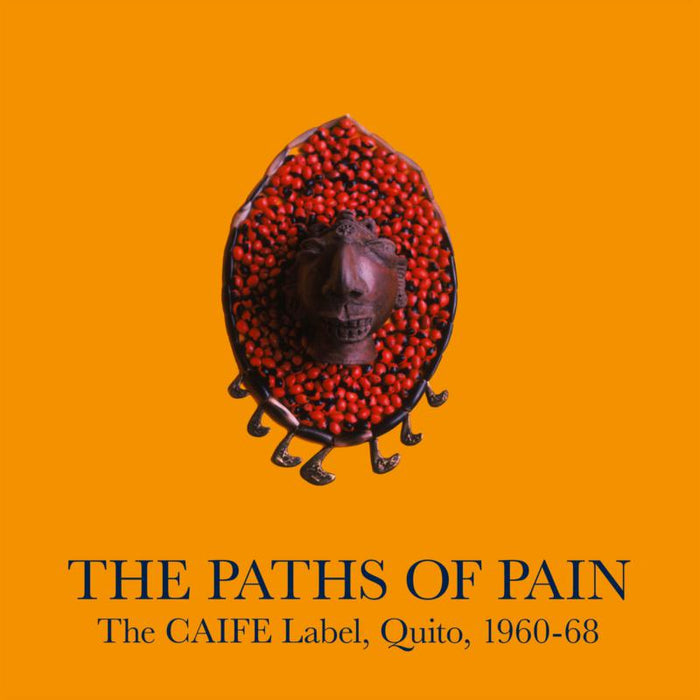Description
In the mid-1920s The Gramophone Company — soon before it became EMI — employed two or three Europeans to criss-cross Iraq. They logged regional demographics, assessed the German competition, and checked out the scores of record shops and hundreds of musical venues. In Kerbala its man fearfully disguised himself as an Arab.
This was the groundwork for three sessions, conducted in Baghdad in the second half of the decade, which produced nearly one thousand recordings. Business was good — the first group of records, though deemed aesthetically unsuccessful by the Company, immediately produced twelve thousand sales to just two outlets in the city.
'Give Me Love' is second in Honest Jon's excellent series of albums exploring the 78s held in the EMI Archive at Hayes. Drawing on the full range of these Baghdad recordings, it is a wondrous, deeply poignant glimpse of social living since obliterated, in which ethnicities, faiths and traditions appear woven richly and meltingly together, however precariously.
There is dance music featuring Arab folk singers from the countryside, backed by professional Jewish musicians in Iraqi styles popularly termed 'Egyptian', and perfected in nightclubs where the first duty of the secular women singers on this album was prostititution.
Also including some Arabic word-play, in a nod to the musical form of the Arabic mawwal, a Hebrew hymn is kick-started with a cry of 'Allah!', most likely from one of the Jewish performers.
There are pieces from Bahrain and Kuwait; sometimes mixed together in one performance, the different dialects are far-flung. There are beautiful high and lonesome Kurdish violin improvisations; and some unaccompanied circular breathing on a zourna so unearthly it seems to cross late Coltrane with Sun Ra. All the songs are characterised by searing emotion and crisis of feeling; many by erotic urgency.
As with the other titles in the series, the recordings have been startlingly restored at Abbey Road; and they are presented with full translations, rare photographs (in this case, several performers), and notes — including an extensive interview with a citizen of Baghdad throughout this period, who knew many of the musicians here personally.




















